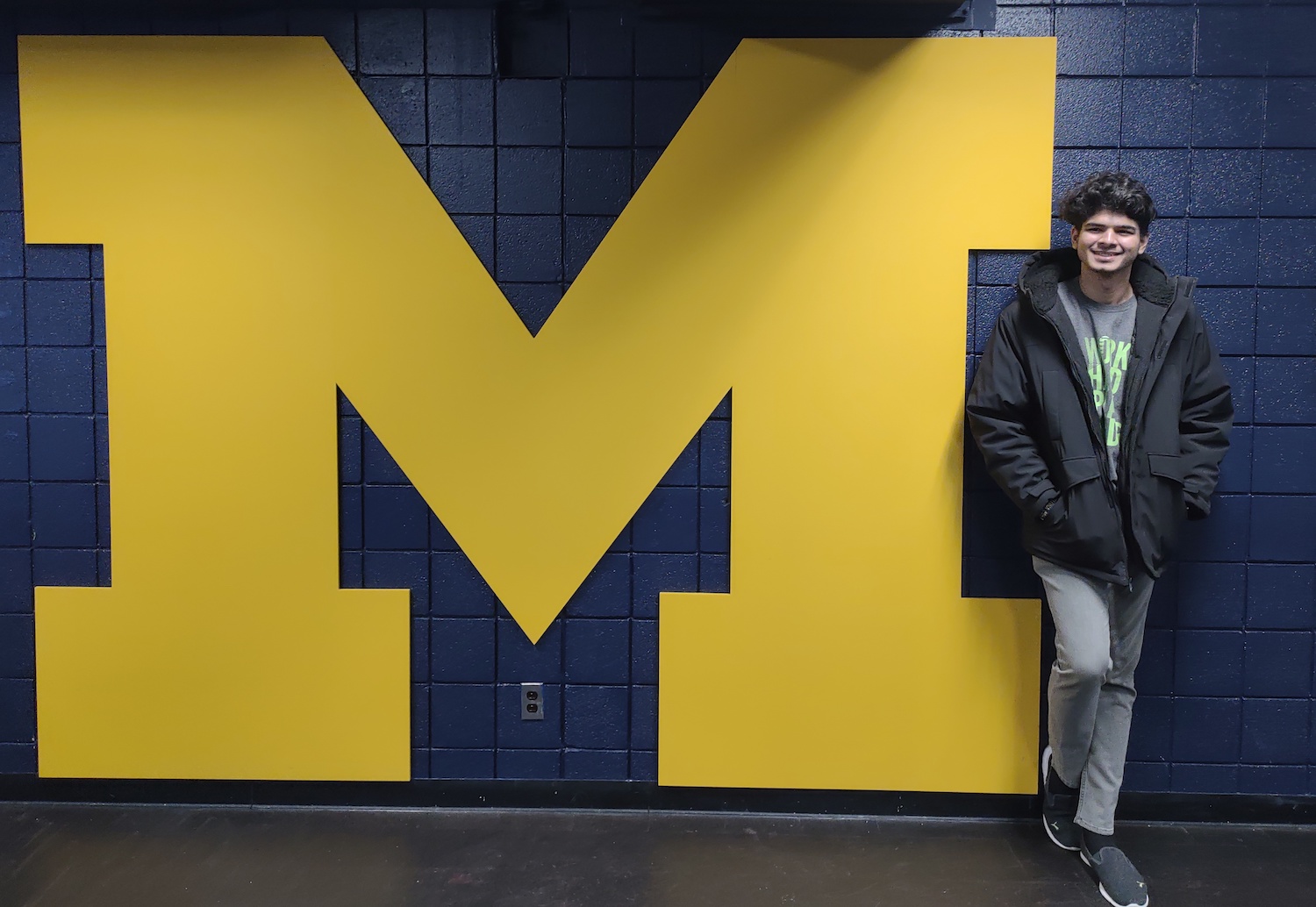“I really like the work that I’ve done, but I am the type of person who wants to learn a bit of everything and I’m always looking to expand my skill set,” said Mehta, who’s worked as a UM-Dearborn student employee since December 2021. “My supervisor helps me learn new things, but there is only so much time because she has deadlines too. It would be nice for me and my supervisor to have the option for extra training and mentors.”
UM-Dearborn’s Experience+ (EXP+) program recently joined a collaborative partnership to create ways to do just that. The campus is working with Arizona State University (ASU)’s Work+ team in the design process for this new model for on-campus employment. ASU started Work+ in early 2022.
Initiatives through Work+ are focused around re-imagining the student employee experience. Ideas include supervisor training, professional development workshops for students, added financial support and added mentorship opportunities.
The program, funded by a $1.5 million grant from the Strada Education Network, serves student employees by providing support technology, digital assets, stipends and administrative costs. Strada is a national social impact organization devoted to research, philanthropy and solutions that align education and careers.
"This grant is an opportunity to ultimately transform the working and learning experiences for our campus’ approximately 500 student employees, equipping them with the ability to recognize and articulate the transferable skills they have gained and will use throughout their careers,” said EXP+ Executive Director Laurie Sutch.
Sutch and Associate Provost Maureen Linker will lead this initiative for UM-Dearborn. They connected with ASU’s new Work+ initiative following an academic conference in Chicago in Fall 2022.
ASU leadership, who received the grant to create their campus’ Work+ pilot in 2022, wanted to work with UM-Dearborn because they were excited by the EXP+ structure, along with campus’ project-based learning course focus, the SURE program and the digital storytelling initiative UM-Dearborn Speaks.
“Our partners, including EXP+, are jumping right in with us to co-design customized strategies for their institutional needs that they will take back and pilot in their campus environments beginning in late 2023,” ASU Vice Provost for Academic Innovation and Student Achievement Sukhwant Jhaj said. “This program will deliver the relevant career skills that students expect and employers value."
In total, eight college campuses across the nation are involved with this ASU pilot: UM-Dearborn, Virginia Commonwealth University, University of Maine, University of Illinois-Chicago, University of Central Florida, Northern Arizona University, Georgia State University and Chandler-Gilbert Community College. The partnership, which includes funding for campus projects, is through 2025. ASU is the facilitator for this collaborative idea generation and implementation effort.
Linker noted that many of UM-Dearborn’s students are paying for school themselves and need to work — so it’s important that student employment experiences provide transferable skills that help students become career ready.
And it will help some of the most vulnerable populations: approximately 43% of working learners are low income and need these college experiences to help them transition to a professional career.
Starting this semester, Linker and Sutch will connect with the Work+ college partners to help shape the pilot program. UM-Dearborn’s team will present their ideas on how they’d implement the added funding in the fall; and the campus would see their efforts on campus starting in Winter 2024.
“(Pilot team members) will be sharing their successes, challenges and advice with not just ASU, but a broader community of practice of additional higher ed partners who are also interested in evolving what student employment looks like at their institution,” Jhaj said.
Linker said UM-Dearborn does many things right — but they see a few areas where they’d like to add support, including centralized student employee training, student employee supervisor training and providing student employees broadened connections with other university students.
Mehta graduates in May, so he won’t see the impact of the program. But he’s impressed that campus continuously looks for ways to optimize and improve the student employment experience.
“I’ve really enjoyed my time at UM-Dearborn, which includes being a student worker for nearly two years,” he said. “I tell people who ask me about attending UM-Dearborn that it’s a great school with many opportunities for growth, and this will only improve the experiences of future students.”
Text by Sarah Tuxbury. Note: Student employee Rudra Mehta is supervised by the author of this article.






